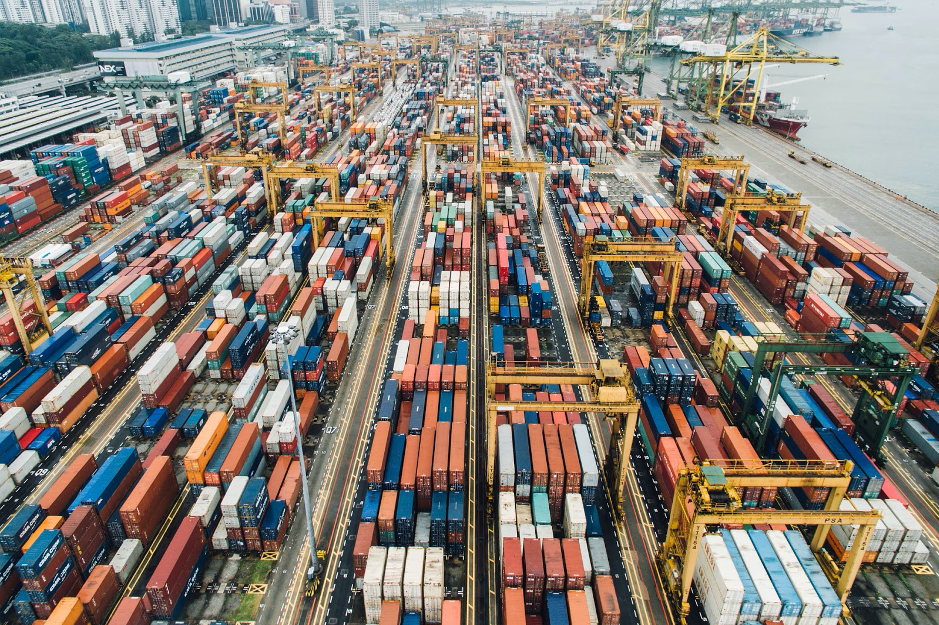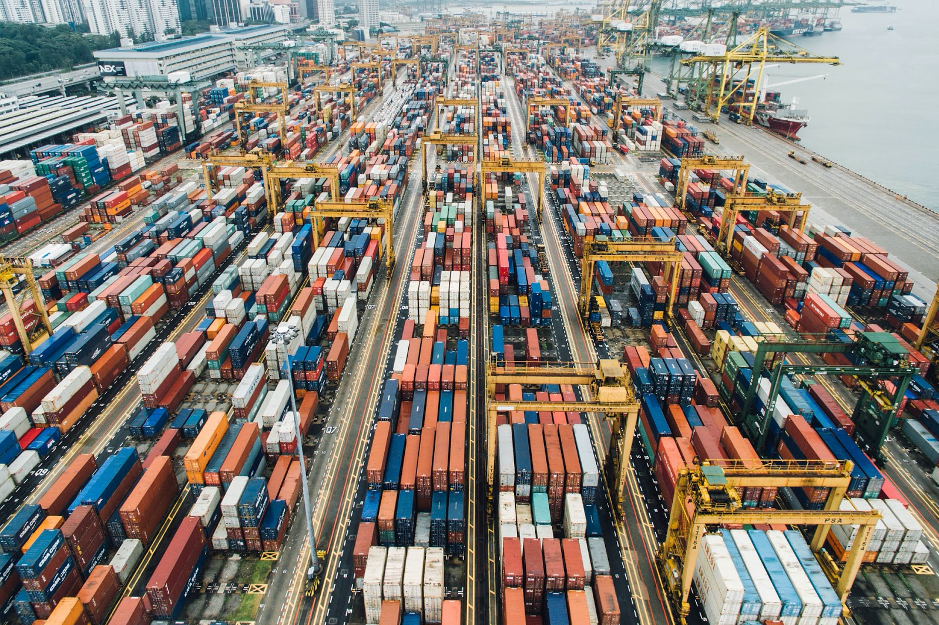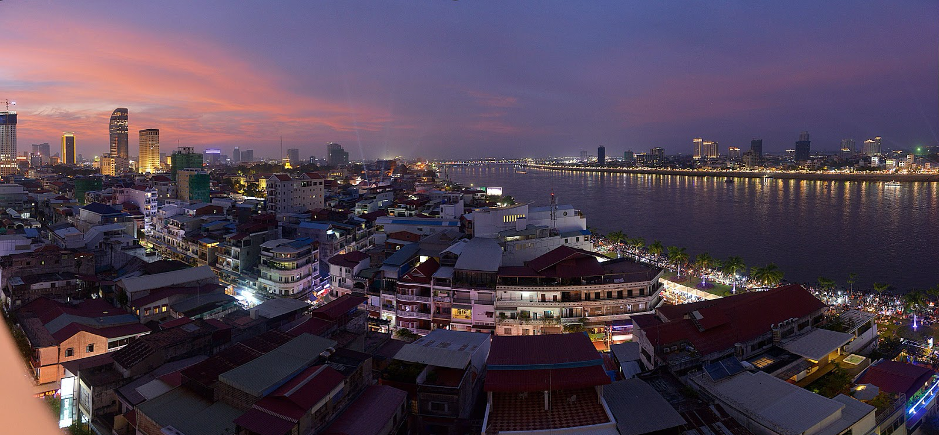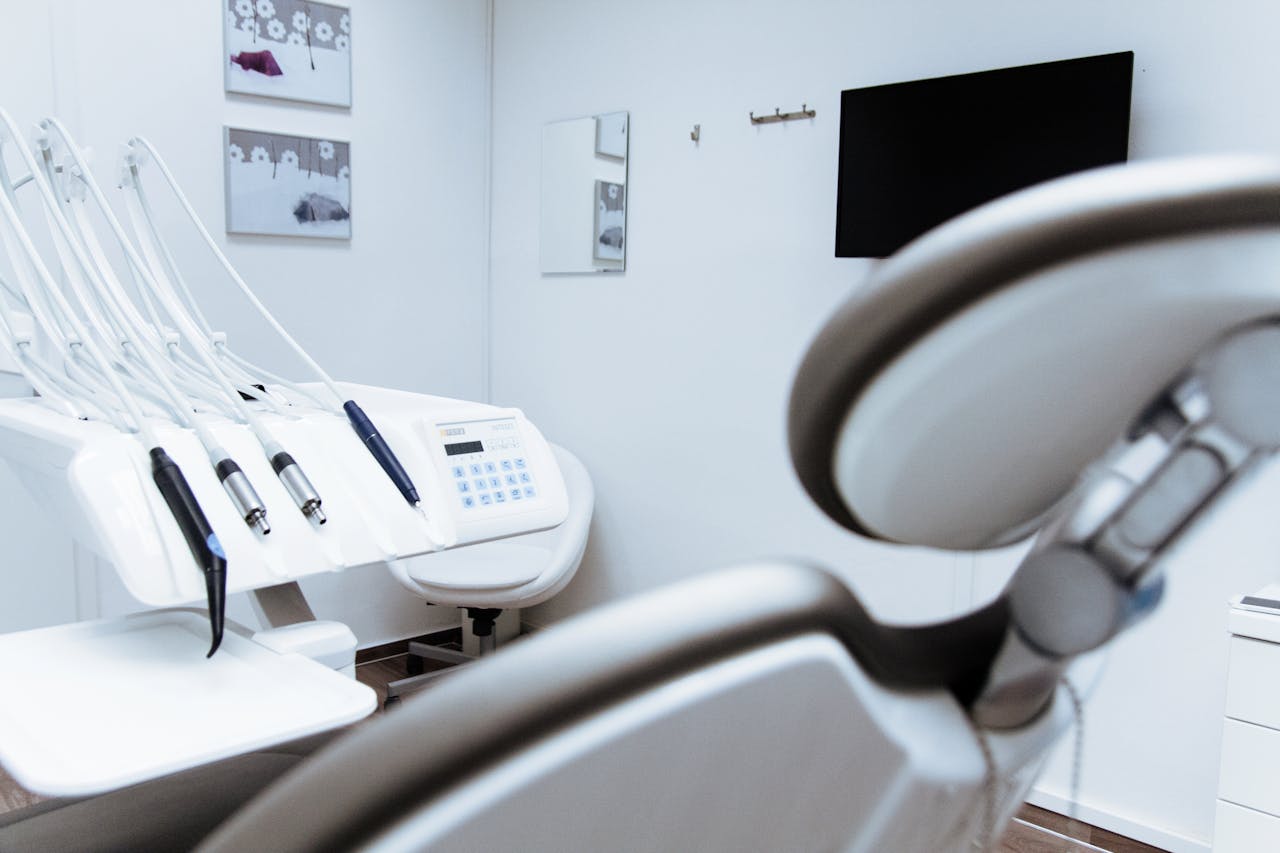

Cambodia saw an increase of 27% year-to-year in the Kingdom’s exports through its special economic zones (SEZs) in 2019. As stated by the Minister of Economy and Finance, Aun Pornmoniroth, the total value of the Kingdom’s exports in 2019 reached USD 2.688 billion.
Favourable political conditions, economic growth and attractive investment laws among factors that give confidence for businesses and will continue to buoy the number of new investments in the SEZs and their export volume this year.
After the Royal Government of Cambodia approved the establishment of SEZ on December 29, 2005, the Kingdom has in total 54 Special Economic Zones (PPSEZ) as in 2019. According to the Council for the Development of Cambodia, there are approximately 465 companies operating in the Kingdom’s 54 SEZs, employing more than 100,000 workers.

Particularly for PPSEZ which encompasses 353 hectares of the land surface, it has 121 investment companies that provide 21,717 jobs for Cambodians. The exports from PPSEZ were valued at USD 518 million in 2019, according to the figure shared during the visit of Deputy Prime Minister and Minister of Economy and Finance to the zone.
One of the first notable investors into Cambodia’s SEZ was Coca-Cola, which opened a USD 100 million plant at the PPSEZ in 2016. Since then, other brands such as Apple, Puma, Timberland and IBM have established a presence at the zone.
Most of the companies invested in the SEZ are from Thailand, Vietnam, China, Japan, Malaysia, Philippines, Belgium, Hong Kong, Singapore and the US.
The government is currently working on new laws to regulate SEZs and investment. As stated by Prime Minister Hun Sen, the new laws are expected to attract investment into the Kingdom by providing incentives, enhancing transparency, as well as promoting fair competition. The New SEZ Laws, expected to be approved in 2020, are also part of government reforms to improve the business environment in Cambodia.
Through the new regulations which is being drafted by The Council for the Development of Cambodia (CDC), the government will create a comprehensive and balanced regulatory framework in accordance with the investment conditions in the country.

Cambodia attracted foreign direct investment (FDI) worth nearly USD 3.6 billion in 2019, an increase of 12% year-on-year. The investments mostly came from China (43%), South Korea (11%), Vietnam (7%), Singapore (6%), Japan (6%), according to a National Bank of Cambodia's (NBC) economic report.
The central bank also predicted that the Kingdom's economic growth will be maintained at 7% with an inflation rate of 2.3% in 2020. The forecast is based on the projection of the global economy recovery, which will contribute to a favorable climate for exports, FDI and tourism sector.
However, Minister Pornmoniroth stated that the Kingdom still has to strive to improve the quality of its products and human resources. Furthermore, in order to sustain and increase export, Cambodia needs to diversify its market and improve production capacity and the quality of its products in line with the standards of their destination countries.

The Latest Trends in Digital Payments in Southeast Asia
The digital payment landscape in Southeast Asia (SEA) is marked by rapid growth and innovation, with mobile wallets, RTPs, and BNPL services leading the charge. However, regulatory barriers, limited digital infrastructure, security concerns, and interoperability issues pose significant challenges.

Increasing Digital Health Technology Adoption in Thailand
Thailand has been making significant strides in adopting digital health technologies, positioning itself as a leader in Southeast Asia. The integration of digital technologies is streamlining its eHealth system, including healthcare delivery, enhancing patient convenience, and improving overall efficiency.

Driving the Future of Automotive Lubricants in Southeast Asia
The automotive lubricant industry in Southeast Asia (SEA) is experiencing a significant transformation, largely fueled by digitalization. As consumer demands evolve, urging industry players to ramp up their innovation and efficiency, a noticeable trend in automotive lubricants has emerged across the region, cementing its dominance with a 60% market share. This surge is primarily driven by digital advancements, offering streamlined operations, improved customer experiences, data-driven decision-making, predictive maintenance strategies, and integrating Internet of Things (IoT) technologies

Digitalization in the Automotive Lubricant Industry in Southeast Asia
Automotive lubricant industry in Southeast Asia is at the forefront of digitalization, leveraging technology to enhance every aspect of its operations.